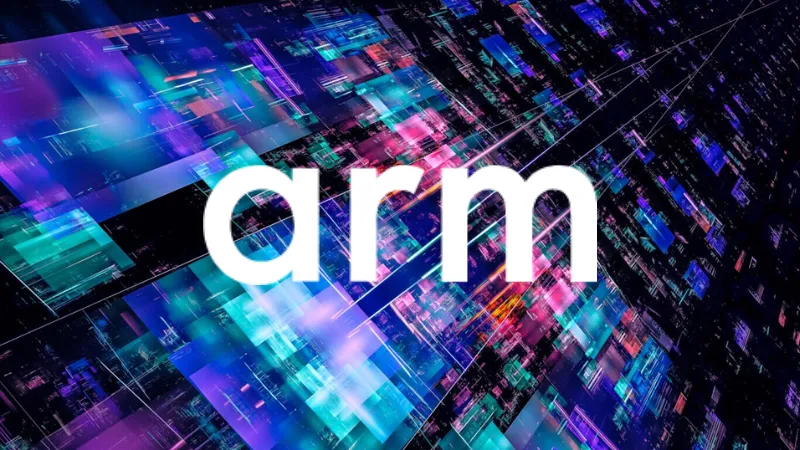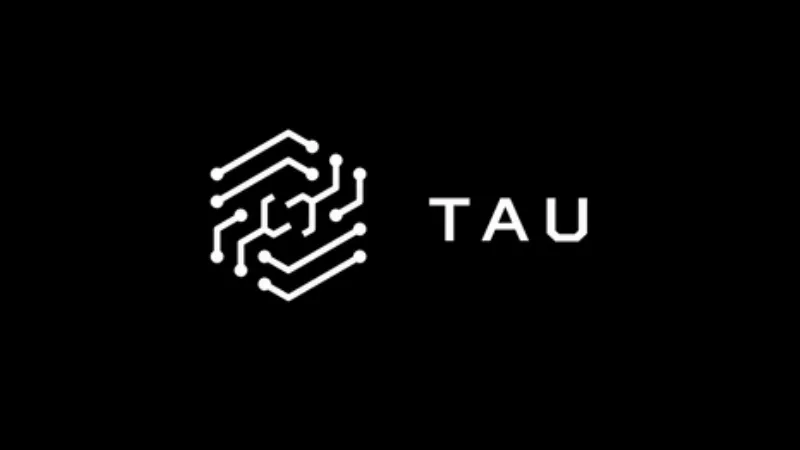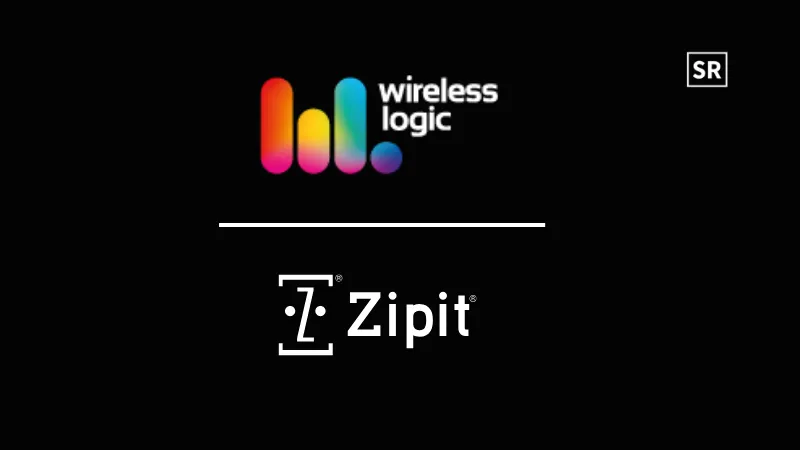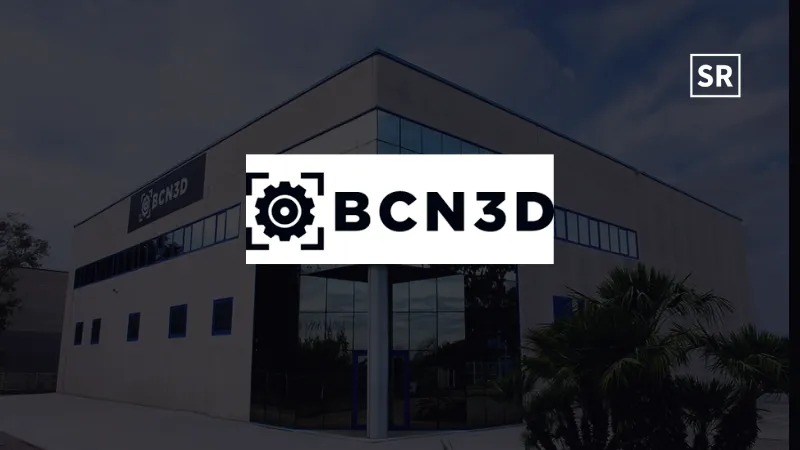Belgian SpaceTech Innovator EDGX Secures €2.3 Million Funding
Aug 11, 2025 | By Kailee Rainse

Ghent-based SpaceTech startup EDGX has raised €2.3 million in a Seed funding round to accelerate the commercialization of EDGX Sterna, its next-generation edge AI computer for satellites.
SUMMARY
- Ghent-based SpaceTech startup EDGX has raised €2.3 million in a Seed funding round to accelerate the commercialization of EDGX Sterna, its next-generation edge AI computer for satellites.
The company also secured a multi-unit deal worth €1.1 million with a satellite operator and announced plans for an in-orbit demonstration aboard a SpaceX Falcon 9 mission set for February 2026.
The funding round was co-led by the imec.istart future fund, with participation from the Flanders Future Tech Fund, managed by the Flemish investment firm PMV.
Wouter Benoot, Founder and CTO of EDGX, said: “Going from zero to a hundred, all-in, on a space startup is ambitious. Taking that mindset into Sterna’s development meant new challenges, constant learning, but real progress. What makes it work is the team. Each engineer brings fresh ideas, a drive to understand space and a passion to make it real. We’re building a subsystem that powers the next generation of satellites.”
RECOMMENDED FOR YOU

Logistica OS Raises €1.5M To Build An AI Operating System For Supply Chains
Kailee Rainse
Nov 20, 2025

Ovoko funding news – Vilnius-based Ovoko secured €20M in Series B Round Funding
Team SR
Sep 30, 2024

Assista AI funding news – Romanian Task Automation Startup Assista AI Secures €100k in Funding
Kailee Rainse
Mar 18, 2025
Founded in 2023, EDGX is a Belgian SpaceTech company dedicated to providing the world’s fastest edge computing solutions for satellites. The company serves the satcom/telecom, Earth observation, and in-orbit servicing sectors across commercial, government, and defense markets, with a strong focus on enabling AI and advanced data processing at scale within satellite constellations.
Read Also - Paddy Secures €1Million Funding In Pre-seed Round
Its flagship product the EDGX Sterna Computer, is a high-performance data processing unit (DPU) powered by NVIDIA technology. It delivers the computational power and AI acceleration necessary to run complex algorithms directly in orbit, removing the traditional bottleneck of transmitting large raw datasets to Earth. This allows satellite operators to offer faster more efficient and data-driven services.
The Sterna computer operates on EDGX’s SpaceFeather software stack, designed for autonomous, resilient, and upgradeable satellite operations. This includes a space-hardened Linux OS with full traceability, a dedicated supervisory system for autonomous health monitoring, radiation fault detection and recovery, plus an in-orbit application framework for deploying new features after launch.
Roald Borré, Head of Venture Capital and member of the Executive Committee at PMV said: “This round of financing will enable us to support EDGX’s strong team in bringing promising Flemish technology to market and developing it further. EDGX is one of the few European players to offer a product that is high-performance, accessible and robust, giving it unique advantages in the fast-growing market for edge computing in space, not least in terms of strengthening Europe’s technological position in a strategic sector such as space infrastructure.”
EDGX’s engineering and design blend commercial AI acceleration with space-grade reliability, reportedly providing satellite constellation operators with onboard computing performance previously unattainable.
For spectrum monitoring, Sterna enables advanced in-orbit processing to detect and classify radio signals and create dynamic spectrum maps. This capability helps satellite operators monitor frequency usage in real time, avoid interference and allocate bandwidth more efficiently to optimize communication services.
In Earth observation, Sterna enhances intelligent surveillance and reconnaissance (ISR) by analyzing high-resolution imagery directly onboard. This allows satellites to instantly identify and flag objects such as ships, vehicles, or infrastructure, and respond quickly to urgent events like floods, wildfires, or earthquakes. According to the company, this leads to faster decision-making, more efficient missions, and critical real-time situational awareness that transforms passive observation into actionable intelligence.
Kris Vandenberk, managing partner at imec.istart future fund said: “EDGX represents exactly the kind of transformative infrastructure play we look for. The space industry is hitting a fundamental bottleneck; we’re generating massive amounts of data in orbit but still using outdated ‘store and forward’ architectures. EDGX is solving this by bringing AI-powered edge computing directly into space, enabling satellites to analyse and act on data in real-time rather than waiting for ground processing.”
Sterna also enables 5G and 6G connectivity from orbit. By shifting base station processing—such as onboard gNodeB—to space, it allows satellites to actively integrate into next-generation mobile networks.
This advancement facilitates seamless direct-to-device connections, bringing high-speed internet to remote, underserved or disaster-affected regions where traditional infrastructure is lacking.
Beyond the planned in-orbit demonstration in February, two additional flights are scheduled for 2026.
Commenting on the news, Nick Destrycker, Founder and CEO said: “Customers aren’t waiting for flight validation, they’re signing now. With a full launch manifest, secured commercial contracts, and our first mission set for Falcon 9, this funding enables us to scale to meet demand for real-time intelligence from space.”
Recommended Stories for You

Paribu Acquires CoinMENA, The MENA Region’s Largest Crypto Exchange, In $240 Million Deal
Kailee Rainse Dec 8, 2025


 Follow us
Follow us Follow us
Follow us











